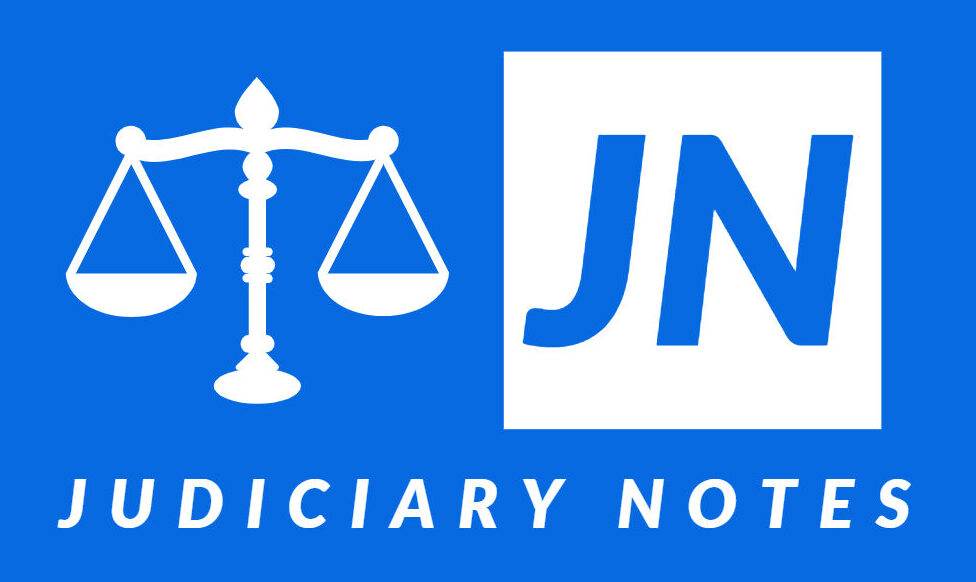Lionsgate recently issued a recall and formal apology for the trailer of their upcoming film *Megalopolis*, following the revelation that the trailer contained fabricated quotes purportedly from reputable film critics. The incident has sparked significant concern within the legal community, as it raises potential issues of false advertising, defamation, and consumer protection.
Under U.S. law, the use of fabricated quotes in marketing materials may be considered deceptive advertising, a violation of the Federal Trade Commission (FTC) Act. The FTC Act prohibits unfair or deceptive acts or practices in commerce, which can include the dissemination of false or misleading statements to the public. Lionsgate’s actions could potentially expose the company to legal liability, including fines, penalties, and mandatory corrective advertising.
Also Read Pirlo TV: Stream Live Sports and Entertainment
Moreover, if any of the fabricated quotes were attributed to actual film critics or media outlets without their permission, Lionsgate could also face defamation claims. Defamation involves making false statements that harm the reputation of another party, and the misuse of a critic’s name or credibility in this manner could be seen as damaging to their professional reputation.
In their apology, Lionsgate has committed to taking immediate corrective actions to remove the misleading trailer from all platforms and to ensure that future marketing materials adhere to ethical and legal standards. While this apology is a step in the right direction, the company may still face scrutiny from regulatory bodies and potential lawsuits from affected parties.
This incident serves as a critical reminder for film studios and marketers about the importance of transparency and truthfulness in advertising. Legal professionals are closely watching how this situation unfolds, as it could set a precedent for how similar cases are handled in the future.
